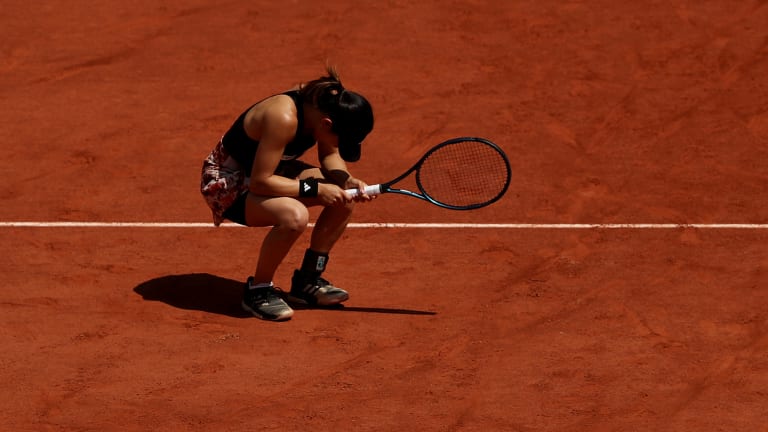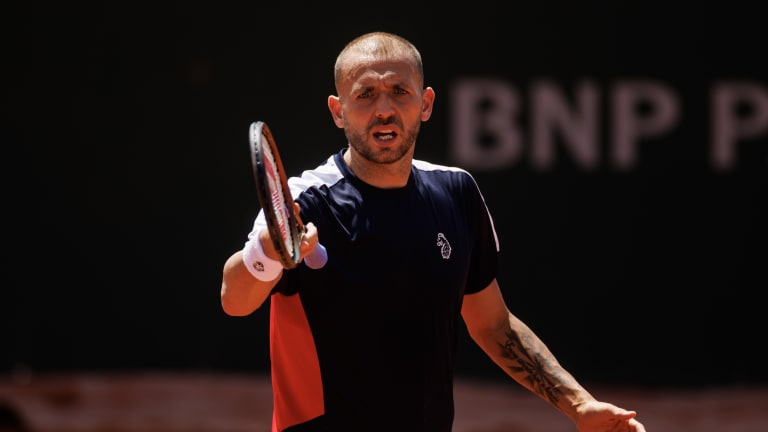Blown Calls, Big Fines: Tension grows between players and officials
By Jun 22, 2023Australian Open
Victoria Mboko signs with Rolex: "What you do on court ... gets you stuff off the court"
By Jan 23, 2026Australian Open
"Trust and accelerate" is Coco Gauff’s mantra of the moment
By Jan 23, 2026Australian Open
Leylah Fernandez "finally" gets the AO party experience in winning debut with Nick Kyrgios
By Jan 23, 2026Australian Open
One year later in Melbourne, Learner Tien will face Daniil Medvedev again — this time as a contender
By Jan 23, 2026Australian Open
Novak Djokovic advice inspired Iva Jovic to first Top 10 win, Australian Open fourth round
By Jan 23, 2026Quote of the Day
Daniil Medvedev learned of Tien rematch on scoreboard, doesn’t mind Australian Open draw spoilers
By Jan 23, 2026Australian Open
Tommy Paul seeks to meet “the standard” set by Carlos Alcaraz in Australian Open rematch
By Jan 23, 2026Australian Open
Songs about rabbits help Yulia Putintseva dance through tense Australian Open third round
By Jan 23, 2026Sabalenka Says
In chic sunglasses, Aryna Sabalenka talk Gucci partnership, teases on-court collab at Australian Open
By Jan 23, 2026Blown Calls, Big Fines: Tension grows between players and officials
Rules changes have been made to accommodate players’ physical needs. Perhaps it’s time to look at the pros’ emotional needs and make some in the code of conduct as well.
Published Jun 22, 2023
Advertising
Advertising

When it came to officials at Roland Garros, Miyu Kato's default generated the most headlines, but it wasn't the only example of player discontent in Paris.
© Getty Images
Advertising
Advertising

"They (officials) are getting involved, and they’re good at it," said Dan Evans at Roland Garros. "They get involved (in the action) plenty."
© Getty Images